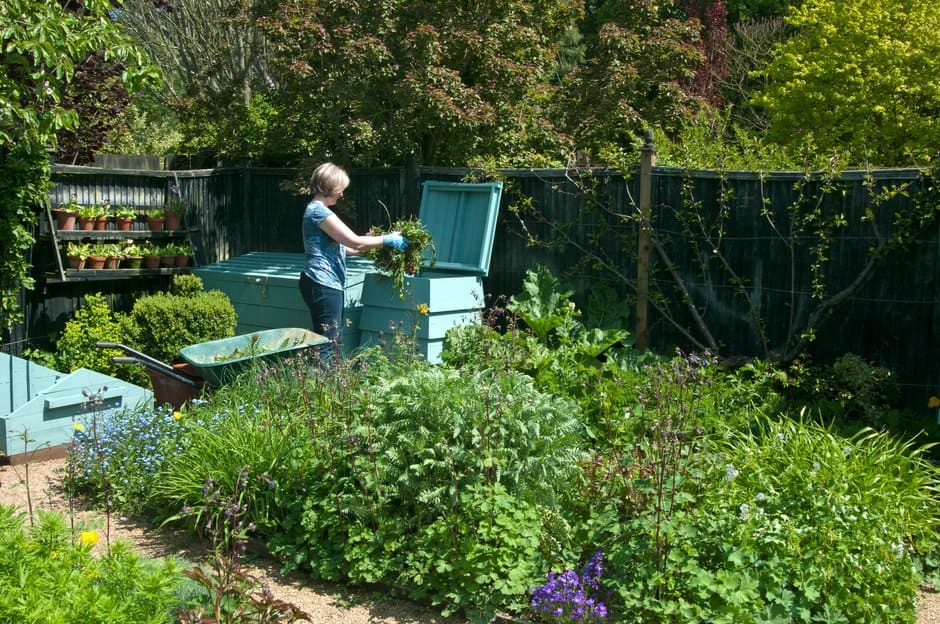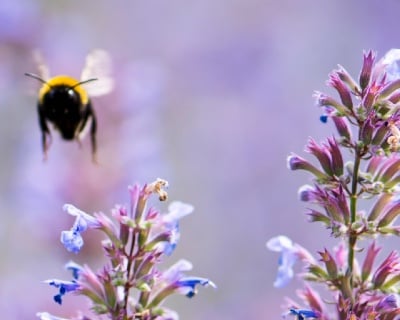Closing the circle – four ways to be a greener gardener
Reduce, reuse, recycle and reinvest: the four Rs of greener gardening
Life on earth is a series of cycles; the water cycle, the carbon cycle and the cycle of birth, life and death.
Thinking about how we live our lives as part of a cycle – in particular the products and processes we use everyday – is a really helpful way of making sure we’re not causing unnecessary harm to our planet.
This cycle is often referred to as ‘the circular economy’.
There are four main principles in the circular economy: these are called ‘the four Rs’. You can use them to make positive changes in the way you garden. A big added benefit of gardening this way is the money you'll save, it's cheaper and more environmentally friendly, so a winner all round.





